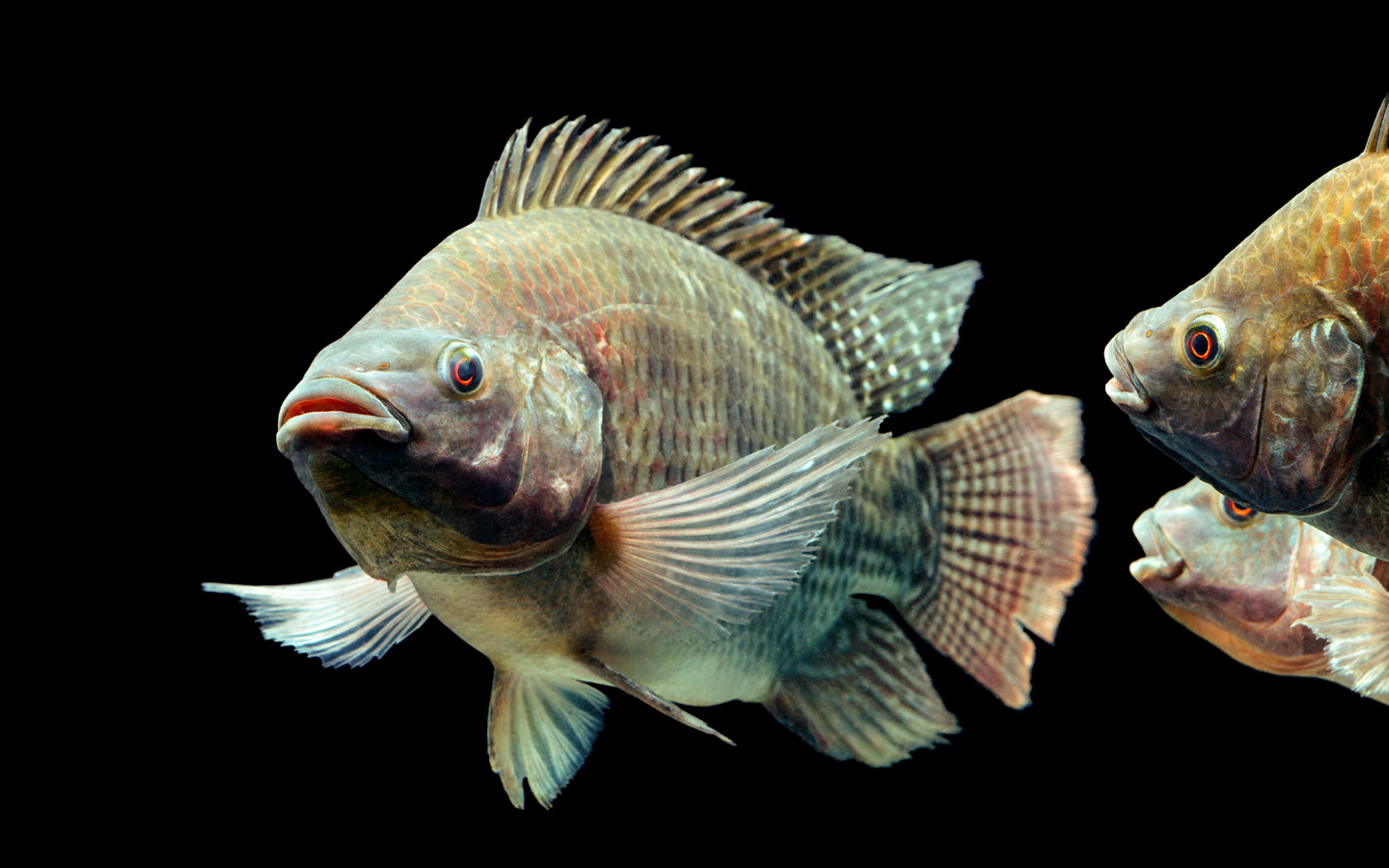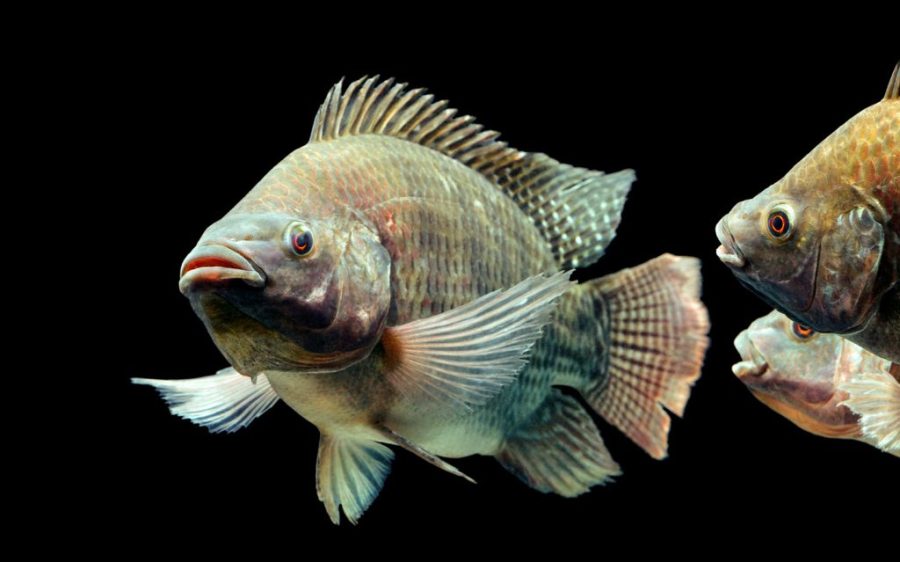As blackchin tilapia rapidly reproduce in Thai waters, risking enormous environmental damage, officials are frantically working to combat the “most invasive species” to ever hit the country, the BBC reports.
The West African fish preys on small fish, shrimp and snail larvae – all key parts of Thailand’s aquaculture, which plays an important role in food security and economic activity in the southern Asian nation. While Thailand has experienced outbreaks of blackchin tilapia in the past, none have been as widespread as the current one, the BBC says. So far 17 of Thailand’s 76 provinces have been impacted at an estimated cost of at least 10 billion baht (US$293 million), according to Bangkok MP Nattacha Boonchai-insawat.
Parliament has launched an investigation to uncover the cause. Nattacha, deputy chairman of the subcommittee investigating the issue, called on the public to pay attention to the issue or risk passing the problem to the next generation.
[See more: Thailand could lose its capital to climate change]
Authorities are taking a multi-pronged approach, employing low-tech tactics in the short term as they work to develop a more long-term solution. For months now, the Thai government has offered a cash reward for catching the invasive fish, eventually doubling the amount to 15 baht (US$0.42) per kilogram. They’ve also released two native predator species – barramundi and redtail catfish – to hunt the blackchin tilapia.
As to the source of the invasive fish, one theory under investigation centres on an experiment conducted by food giant Charoen Pokphand Food (CPF) 14 years ago. The company imported some 2,000 blackchin tilapia from Ghana in 2010 to study the fish for breeding. CPF said all the fish died and were disposed of properly in 2011; the first outbreak was reported two years later in an area that included a CPF lab.
Bancha Sukkaew, director-general of the department of fisheries, told BBC only one private company, CPF, had sought permission to import blackchin tilapia and it was possible that some escaped from the lab. But he also raised the possibility of the fish being smuggled into the country. The parliamentary subcommittee is looking into CPF as well as import controls more broadly to guard against future invasions. “The problem with alien species”, explained Dr Suwit Wuthisuthimethavee, an expert in aquatic animal genetics at Walailak University, “is that once they’re established, they are very difficult to eradicate.”






